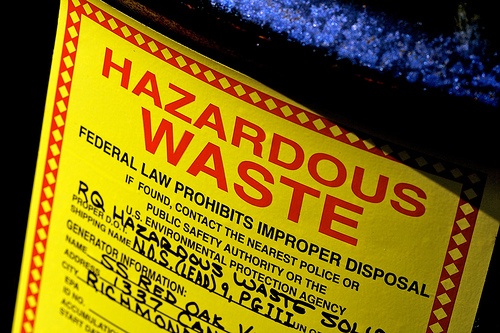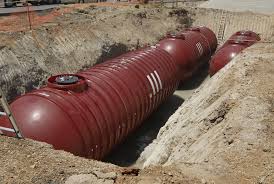New Jersey's Spill Compensation and Control Act (Spill Act) was enacted in 1977, establishing broad responsibilities for entities that handle hazardous substances, including reporting and cleanup by those responsible for contamination. (The Spill Act predated and helped inspire the national Superfund law (Comprehensive Environmental Response, Compensation, and Liability Act of 1980). The Act also provides limitations on liability in some circumstances, notably for entities that acquire land that is already contaminated. The Spill Act is administered by the New Jersey Department of Environmental Protection (DEP). On October 21, DEP proposed to expand Spill Act reporting responsibilities to all entities that discover contamination, including those conducting site evaluations as part of their due diligence – “All Appropriate Inquiries” – in support of possible property transfers.
Read MoreAudit, Compliance and Risk Blog
New Jersey proposes to require reporting when site assessments find contamination
Posted by Jon Elliott on Fri, Dec 27, 2024
Tags: Environmental risks, Environmental, Environmental Projects, Hazardous Waste, Environment, Environmental Policy, Hazardous Chemicals, Hazardous Material, Environmental Compliance, Hazardous Substances
In the early 1980s, serious groundwater contamination incidents arising from leaking underground storage tanks (USTs) prompted federal and state lawmakers to issue standards for UST construction, installation, and removal, and to require the registration and monitoring of USTs. In 1984, Congress adopted a national program to regulate USTs storing petroleum and hazardous substances (“federal UST Law”). The US Environmental Protection Agency (EPA) creates national standards, which are implemented under delegation by states, the District of Columbia, and territories). The remainder of this note summarizes federal UST requirements; states can generally establish and administer stricter requirements.
Read MoreTags: environmental protection, Environmental Compliance, EPA Regulations, Groundwater Protection, Petroleum Storage, Underground Storage Tanks (USTs), Federal UST Law, Hazardous Substances, Compliance Checklist, EPA Standards


